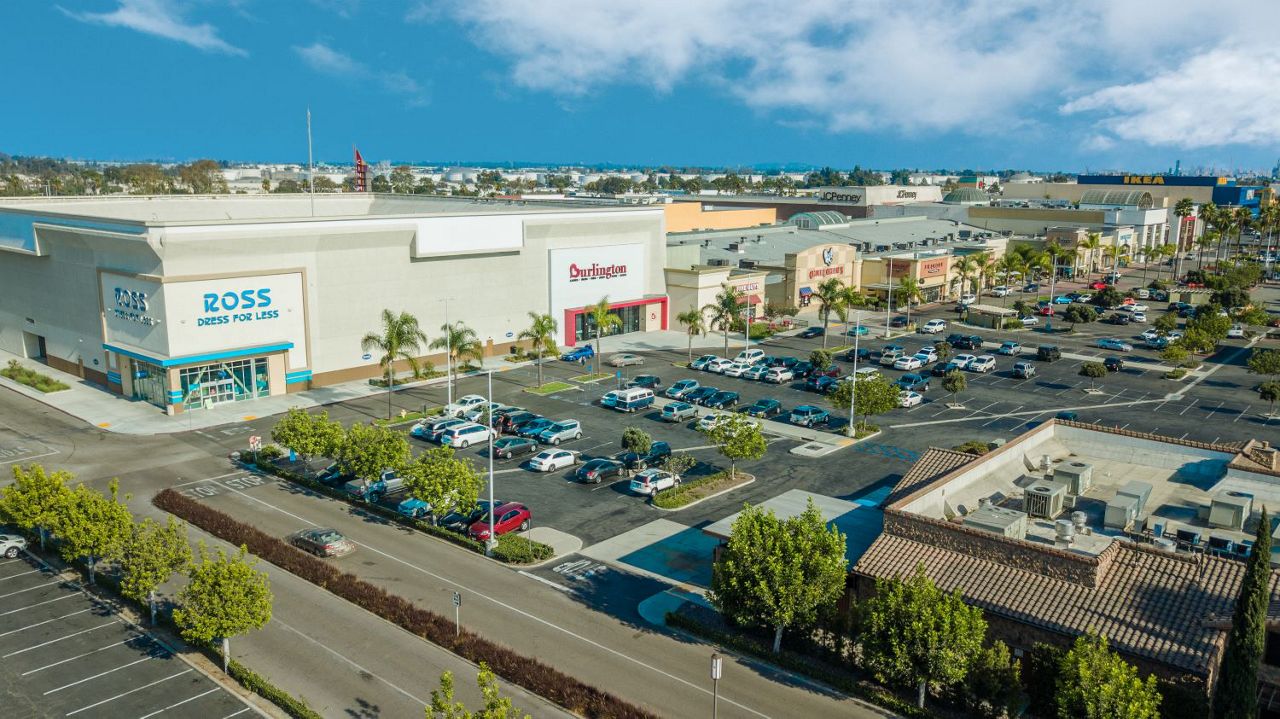ORANGE COUNTY, Calif. — Whenever he had a chance, NewMark Merrill President and CEO Sandy Sigal last week checked his smartphone every few hours for an update on the results of Prop. 15.
As a commercial property owner whose company owns and manages several shopping centers across Southern California, including Orange and Los Angeles counties, Sigal knew if the measure passed, it would have significantly increased the cost of doing business in the state.
“I was monitoring it every chance I had,” said Sigal, who was in Florida last week. “I’m glad it didn’t pass.”
Prop. 15, which would have changed the property tax rate for non-agricultural commercial and industrial buildings and used the money to fund local governments and schools, was defeated by a narrow margin, according to the Associated Press. Voters struck down the initiative 52% to 48%, the AP projected.
With Prop. 15 now defeated, commercial property owners across the state are wiping the sweat off their brow and looking for ways to avoid this kind of measure in the future.
“If this had passed, it would have been devastating to the commercial real estate industry in the state,” said Michael Wiener, a partner at Greenberg Glusker LLP. Wiener represents several commercial property owners. “All of my clients are breathing a sigh of relief. However, they are also aware that this is not the final chapter of the greater Prop. 13 reform.”
Prop. 15 would have impacted non-agricultural commercial and industrial properties valued at more than $3 million or if the building belongs to an owner with a commercial real estate portfolio with a total value of more than $3 million. In those cases, the building's property tax would have been reassessed every three or so years to market value.
Currently, under Prop. 13, the state’s historic 1978 law, residential and commercial building’s property tax is based on its purchase price. Prop. 15 would have split commercial and residential’s property tax protection.
The money generated from the new commercial building tax rate would have been split: 60% to local municipalities and special districts; and 40% to K-12 schools and community colleges. The initiative would have generated $6.5 billion to $11.5 billion in annual revenue starting in 2025, according to the Legislative Analyst’s Office.
Schools and Communities First backed the initiative alongside Facebook's Mark Zuckerberg and wife Priscilla Chan's Chan Zuckerberg Advocacy organization, the California Teachers Association, and the ACLU.
“We’re the fifth-largest economy in the world,” E. Toby Boyd, president of the California Teachers Association, said to Cal Matters. “Big corporations should be paying their fair share to invest in our students, our public schools, our families and our communities.”
It is unclear if Schools and Communities First will reintroduce a similar measure in the next election or four years from now, but given the closeness of the votes, it wouldn’t surprise many to see another initiative in the next go around.
Opponents of the measure included the Howard Jarvis Taxpayers Association, California Business Properties Association, and large commercial building owning corporations that said the state's business climate would have tanked if this had passed.
Businesses hit hard by the coronavirus pandemic would have seen their expenses go up. Most retail and office tenant leases are triple net leased, meaning landlords pass on any increased costs.
If business costs go up, then product cost would likely increase as well, hitting the consumer's pocketbooks, said JLL Senior Research Director Amber Schiada.
“It was definitely a close race,” Schiada said. “I think the closeness is reflective of voters concern about an increase in taxes and the impact on businesses. A lot of businesses are not equipped to handle the additional tax burden.”
Schiada said there would have been a “seismic shift” in the state’s commercial real estate industry.
“I think we would have seen an increase number of properties for sale,” she said. “Smaller and independent owners may not have been able to handle the increased tax. We would have also seen people invest elsewhere, outside of the state.”
Wiener, the tax partner at Greenberg Glusker, said, for now, the commercial real estate business will continue as usual. But things can quickly change.
“It’s more like business as usual with an asterisk,” Wiener said.
For Sigal, Prop. 15's close defeat means the commercial real estate industry needs to do more for the community.
“We need to do a better job. We have to be on the offensive,” said Sigal. “We need to explain the value we bring into communities, who we employ and the jobs we create. These are things we need to share or else people will continue to take shots at us.”



